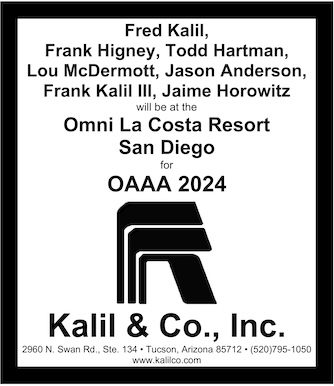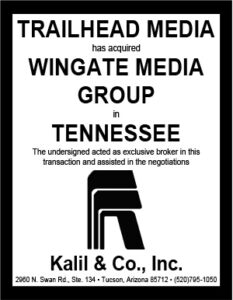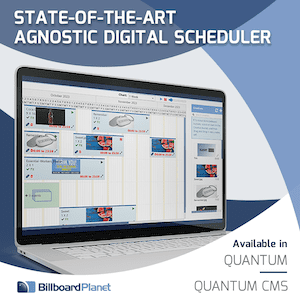
By Sophia R. Holley, Keating Muething & Klekamp PLL
The Ohio Supreme Court recently struck down a billboard tax as unconstitutional in Lamar Advantage GP Co., LLC v. Cincinnati, Slip Opinion No. 2021-Ohio-3155. The case evaluated an excise tax placed on the installing, placing, and maintaining of outdoor advertising signs in the City of Cincinnati. Through the tax, the City sought to levy a type of sign that is “off-site,” defined as a commercial sign that “proposes or promotes a commercial transaction to be conducted on a premises other than the premises on which the sign is located” or that “directs attention to a good, product, commodity, business, service, event, or other object that serves as the basis of a commercial transaction that is not conducted” on the premises in which the sign is located.
Notably, while the tax applied to commercial activities, it excluded numerous advertising signs, including signs approved by the city for special events, some signs relating to sponsorships in the public right-of-way, and signs erected or displayed on city-owned property. Two billboard companies challenged the tax, arguing that the tax would make some of their billboards financially unsustainable. Notably, 25 to 30 percent of advertising space on the challenged billboards was either donated for public-service announcements, or advertised the speech of the billboard companies (such as tributes to notable public figures or veterans). Further, the paid advertisements not only included commercial speech, but also included political endorsements for candidates for local office, as well as noncommercial speech for nonprofit organizations, religious groups, advocacy groups, and charities.
The Court noted that the First Amendment, as applied to the states through the Fourteenth Amendment, protects the rights to free speech and a free press from infringement by federal, state, and local governments. Among these protections is the prohibition on selective taxation—taxes that target only a small group of speakers or that single out the press. The Court noted that a selective tax imposed on activities protected by the First Amendment is subject to strict scrutiny and may survive only if the government justifies the tax by proving that it furthers a compelling governmental interest and is narrowly tailored to achieve that interest.
 “Freedom of speech and freedom of the press, which are protected by the First Amendment from infringement by Congress, are among the fundamental personal rights and liberties which are protected by the Fourteenth Amendment from invasion by state action,” the Court held. Moreover, the Court found that statements “do not forfeit First Amendment protection because they were published in the form of a paid advertisement.” In finding that selective taxation of the press can operate as a censor to stop critical comment by the press, the Ohio Supreme Court held that a tax is unconstitutional if an official must look at the content of speech to determine if the speech is taxable. Applying these principles, the Court concluded that the city’s selective tax on billboards violated the First Amendment.
“Freedom of speech and freedom of the press, which are protected by the First Amendment from infringement by Congress, are among the fundamental personal rights and liberties which are protected by the Fourteenth Amendment from invasion by state action,” the Court held. Moreover, the Court found that statements “do not forfeit First Amendment protection because they were published in the form of a paid advertisement.” In finding that selective taxation of the press can operate as a censor to stop critical comment by the press, the Ohio Supreme Court held that a tax is unconstitutional if an official must look at the content of speech to determine if the speech is taxable. Applying these principles, the Court concluded that the city’s selective tax on billboards violated the First Amendment.
The Lamar Advantage decision comes on the heels of recent scrutiny of zoning regulations that limit off-site signs and billboards. The U.S. Supreme Court has agreed to hear a circuit split on the treatment of off-site signs in City of Austin v. Reagan National Advertising of Texas, Inc., which is set for argument later this year. The City of Austin decision will resolve a growing dispute nationally as to whether strict scrutiny applies in regulating a sign based upon its content. The Sixth Circuit currently holds that strict scrutiny applies.
[wpforms id=”9787″]
Paid Advertisement

















